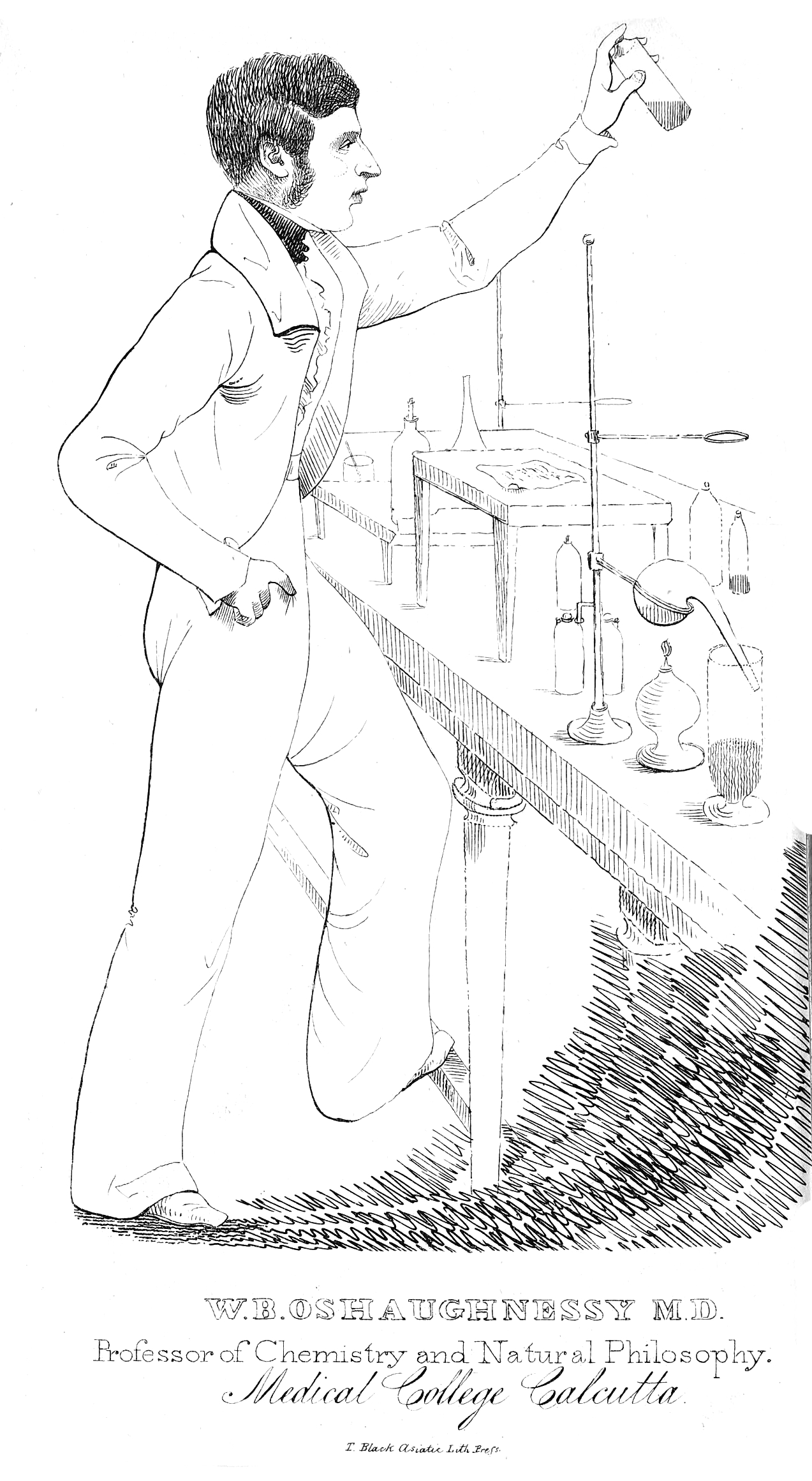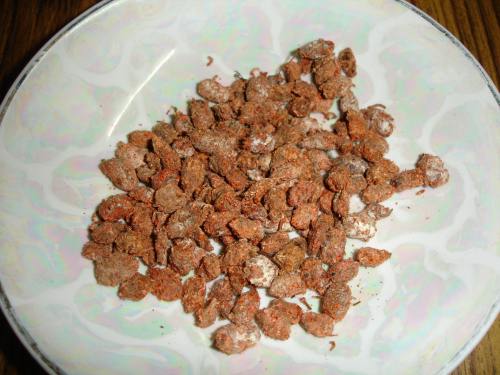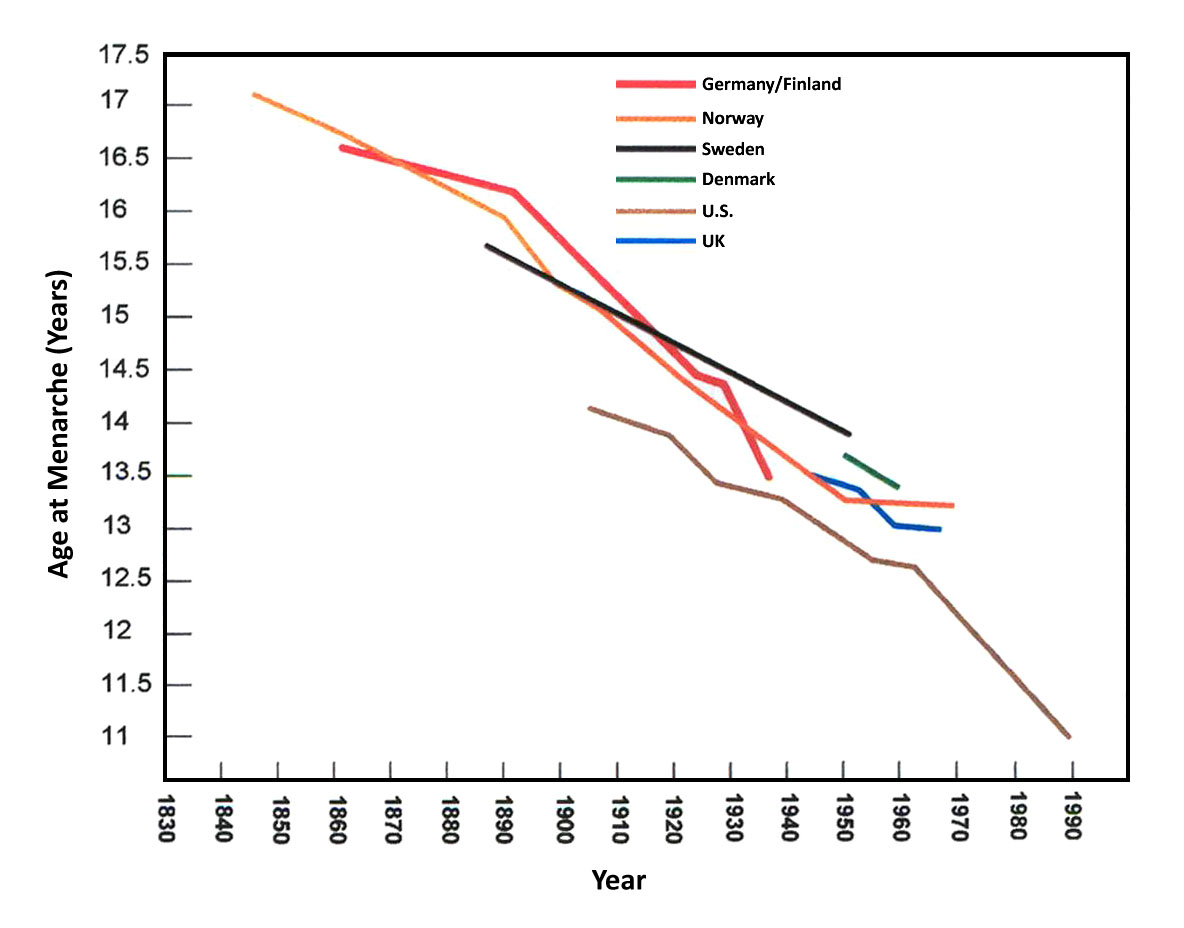|
Madhusudan Gupta
Pandit Madhusudan Gupta ( bn, মধুসূদন গুপ্ত) (1800 – 15 November 1856) was a Bengali Baidya translator and Ayurvedic practitioner who was also trained in Western medicine and is credited with having performed India's first human dissection at Calcutta Medical College (CMC) in 1836, almost 3,000 years after Susruta. Born into a Vaidya family, he studied Ayurvedic medicine at the Sanskrit College and progressed to teacher. Here, he began translations of a number of English texts into Sanskrit, including Hooper's ''Anatomists’ Ved-mecum''. In addition, he attended anatomy and medicine lectures, becoming familiar with the developing clinical-anatomical medicine of Europe. In 1835, he was transferred to the new CMC, where he was fundamental in gathering Indian support for practical anatomy and in breaking down Hindu taboos on touching the dead, consequently taking sole responsibility for the first human dissection, performed under the guidance of P ... [...More Info...] [...Related Items...] OR: [Wikipedia] [Google] [Baidu] |
Baidyabati
Baidyabati is a city and a municipality of Hooghly district in the State of West Bengal in India. It is under Serampore police station of Srirampore subdivision. It is a part of the area covered by Kolkata Metropolitan Development Authority (KMDA). Geography Location Baidyabati is located at . Demographics As per 2011 Census of India, Baidyabati had a total population of 121,110 of which 62,885 (52%) were males and 58,625 (48%) were females. The population below 6 years was 9,017. The total number of literates in Baidyabati was 98,928 (88.26% of the population over 6 years). India census, Baidyabati had a population of 108,231. Males constitute 52% of the population and females 48%. Baidyabati has an average literacy rate of 79%, higher than the national average of 59.5%; with 54% of the males and 46% of females literate. 8% of the population is under 6 years of age. Kolkata Urban Agglomeration The following Municipalities and Census Towns in Hooghly district were part of Ko ... [...More Info...] [...Related Items...] OR: [Wikipedia] [Google] [Baidu] |
Sanskrit
Sanskrit (; attributively , ; nominalization, nominally , , ) is a classical language belonging to the Indo-Aryan languages, Indo-Aryan branch of the Indo-European languages. It arose in South Asia after its predecessor languages had Trans-cultural diffusion, diffused there from the northwest in the late Bronze Age#South Asia, Bronze Age. Sanskrit is the sacred language of Hinduism, the language of classical Hindu philosophy, and of historical texts of Buddhism and Jainism. It was a lingua franca, link language in ancient and medieval South Asia, and upon transmission of Hindu and Buddhist culture to Southeast Asia, East Asia and Central Asia in the early medieval era, it became a language of religion and high culture, and of the political elites in some of these regions. As a result, Sanskrit had a lasting impact on the languages of South Asia, Southeast Asia and East Asia, especially in their formal and learned vocabularies. Sanskrit generally connotes several Indo-Aryan lang ... [...More Info...] [...Related Items...] OR: [Wikipedia] [Google] [Baidu] |
Lord William Bentinck
Lieutenant General Lord William Henry Cavendish-Bentinck (14 September 177417 June 1839), known as Lord William Bentinck, was a British soldier and statesman who served as the Governor of Fort William (Bengal) from 1828 to 1834 and the First Governor-General of India from 1834 to 1835. He has been credited for significant social and educational reforms in India, including abolishing sati, forbidding women to witness the cremations on the ghats of Varanasi, suppressing female infanticide and human sacrifice. Bentinck said that "the dreadful responsibility hanging over his head in this world and the next, if… he was to consent to the continuance of this practice (sati) one moment longer." Bentinck after consultation with the army and officials passed the Bengal Sati Regulation, 1829. The challenge came from the Dharma Sabha which appealed in the Privy Council, however the ban on Sati was upheld. He reduced lawlessness by eliminating thuggee – which had existed for over 450 ... [...More Info...] [...Related Items...] OR: [Wikipedia] [Google] [Baidu] |
University College London
, mottoeng = Let all come who by merit deserve the most reward , established = , type = Public research university , endowment = £143 million (2020) , budget = £1.544 billion (2019/20) , chancellor = Anne, Princess Royal(as Chancellor of the University of London) , provost = Michael Spence , head_label = Chair of the council , head = Victor L. L. Chu , free_label = Visitor , free = Sir Geoffrey Vos , academic_staff = 9,100 (2020/21) , administrative_staff = 5,855 (2020/21) , students = () , undergrad = () , postgrad = () , coordinates = , campus = Urban , city = London, England , affiliations = , colours = Purple and blue celeste , nickname ... [...More Info...] [...Related Items...] OR: [Wikipedia] [Google] [Baidu] |
William Brooke O'Shaughnessy
Sir William Brooke O'Shaughnessy (from 1861 as William O'Shaughnessy Brooke) MD FRS (October 1809, in Limerick, Ireland – 8 January 1889, in Southsea, England) was an Irish physician famous for his wide-ranging scientific work in pharmacology, chemistry, and inventions related to telegraphy and its use in India. His medical research led to the development of intravenous therapy and introduced the therapeutic use of '' Cannabis sativa'' to Western medicine. Early life O'Shaughnessy was born at Limerick in 1809 to Daniel O'Shaughnessy and Sarah Boswell. His mother was a Protestant and many in the family were clergymen. An uncle of his was the Dean of Ennis and a great uncle the Roman Catholic Bishop of Killaloe. William studied briefly at Trinity College, Dublin matriculating in 1825 but moved to Scotland before graduating. O'Shaughnessy studied forensic toxicology and chemistry in Scotland, and graduated in 1829 with an MD from the University of Edinburgh Medical School. I ... [...More Info...] [...Related Items...] OR: [Wikipedia] [Google] [Baidu] |
Yunani
Unani or Yunani medicine (Urdu: ''tibb yūnānī'') is Perso-Arabic traditional medicine as practiced in Muslim culture in South Asia and modern day Central Asia. Unani medicine is pseudoscientific. The Indian Medical Association describes Unani practitioners who claim to practice medicine as quacks. The term '' Yūnānī'' means "Greek", as the Perso-Arabic system of medicine was based on the teachings of the Greek physicians Hippocrates and Galen. The Hellenistic origin of Unani medicine is still visible in its being based on the classical four humours: phlegm (), blood (''dam''), yellow bile (''ṣafrā'') and black bile (''saudā), but it has also been influenced by Indian and Chinese traditional systems. History Arab and Persian elaborations upon the Greek system of medicine by figures like Ibn Sina and al-Razi influenced the early development of Unani. Unani medicine interacted with Indian Buddhist medicine at the time of Alaxander's invasion of India. There was a ... [...More Info...] [...Related Items...] OR: [Wikipedia] [Google] [Baidu] |
East India Company
The East India Company (EIC) was an English, and later British, joint-stock company founded in 1600 and dissolved in 1874. It was formed to trade in the Indian Ocean region, initially with the East Indies (the Indian subcontinent and Southeast Asia), and later with East Asia. The company seized control of large parts of the Indian subcontinent, colonised parts of Southeast Asia and Hong Kong. At its peak, the company was the largest corporation in the world. The EIC had its own armed forces in the form of the company's three Presidency armies, totalling about 260,000 soldiers, twice the size of the British army at the time. The operations of the company had a profound effect on the global balance of trade, almost single-handedly reversing the trend of eastward drain of Western bullion, seen since Roman times. Originally chartered as the "Governor and Company of Merchants of London Trading into the East-Indies", the company rose to account for half of the world's trad ... [...More Info...] [...Related Items...] OR: [Wikipedia] [Google] [Baidu] |
Foundation Of Medical College, Kolkata
Foundation may refer to: * Foundation (nonprofit), a type of charitable organization ** Foundation (United States law), a type of charitable organization in the U.S. ** Private foundation, a charitable organization that, while serving a good cause, might not qualify as a public charity by government standards * Foundation (cosmetics), a multi-coloured makeup applied to the face * Foundation (evidence), a legal term * Foundation (engineering), the element of a structure which connects it to the ground, and transfers loads from the structure to the ground Arts, entertainment, and media Film and TV * ''The Foundation'', a film about 1960s-1970s Aboriginal history in Sydney, featuring Gary Foley * ''Foundation'' (TV series), an Apple TV+ series adapted from Isaac Asimov's novels * "The Foundation" (''Seinfeld''), an episode * ''The Foundation'' (1984 TV series), a Hong Kong series * ''The Foundation'' (Canadian TV series), a 2009–2010 Canadian sitcom Games * ''Foundation ... [...More Info...] [...Related Items...] OR: [Wikipedia] [Google] [Baidu] |
Bakshi
Bakshi may refer to: Indian title Bakshi is a historical title used in India, deriving from Persian word for "paymaster", and originating as the title of an official responsible for distributing wages in Muslim armies. * Bakshi Ghulam Mohammad, Prime Minister of Jammu and Kashmir from 1953 to 1964. * Bakshi Tirath Ram Vaid, a soldier of British India. Indian surname Derived from the historical title, "Bakshi" came to be used as a surname among Hindus and Sikhs of the Punjab region in India. * Amit S. Bakshi, Indian hockey player * Anand Bakshi, Indian songwriter * Chandrakant Bakshi, Indian author * G. D. Bakshi, Major General of Indian Army * Kanwaljit Singh Bakshi, New Zealand member of parliament * Padumlal Punnalal Bakshi, Indian Hindi-language writer * Praveen Bakshi, Lieutenant general of Indian army * Ramprasad Bakshi (b.1894), Gujrati writer * Rohit Bakshi (actor), Indian actor * Rohit Bakshi (neurologist), American academic * Sachindra Bakshi, Indian freed ... [...More Info...] [...Related Items...] OR: [Wikipedia] [Google] [Baidu] |
Nawab
Nawab (Balochi: نواب; ar, نواب; bn, নবাব/নওয়াব; hi, नवाब; Punjabi : ਨਵਾਬ; Persian, Punjabi , Sindhi, Urdu: ), also spelled Nawaab, Navaab, Navab, Nowab, Nabob, Nawaabshah, Nawabshah or Nobab, is a Royal title indicating a sovereign ruler, often of a South Asian state, in many ways comparable to the western title of Prince. The relationship of a Nawab to the Emperor of India has been compared to that of the Kings of Saxony to the German Emperor. In earlier times the title was ratified and bestowed by the reigning Mughal emperor to semi-autonomous Muslim rulers of subdivisions or princely states in the Indian subcontinent loyal to the Mughal Empire, for example the Nawabs of Bengal. The title is common among Muslim rulers of South Asia as an equivalent to the title Maharaja. "Nawab" usually refers to males and literally means ''Viceroy''; the female equivalent is " Begum" or "''Nawab Begum''". The primary duty of a Nawab wa ... [...More Info...] [...Related Items...] OR: [Wikipedia] [Google] [Baidu] |
Menarche
Menarche ( ; ) is the first menstrual cycle, or first menstrual bleeding, in female humans. From both social and medical perspectives, it is often considered the central event of female puberty, as it signals the possibility of fertility. Girls experience menarche at different ages. Having menarche occur between the ages of 9–16 in the west is considered normal.US National Health Statistics Report September 2020 Canadian psychological researcher Niva Piran claims that menarche or the perceived average age of puberty is used in many cultures to separate girls from activity with boys, and to begin confinement as a woman and future wife. The timing of menarche is influenced by female , a ... [...More Info...] [...Related Items...] OR: [Wikipedia] [Google] [Baidu] |
Puberty
Puberty is the process of physical changes through which a child's body matures into an adult body capable of sexual reproduction. It is initiated by hormonal signals from the brain to the gonads: the ovaries in a girl, the testes in a boy. In response to the signals, the gonads produce hormones that stimulate libido and the growth, function, and transformation of the brain, bones, muscle, blood, skin, hair, breasts, and sex organs. Physical growth—height and weight—accelerates in the first half of puberty and is completed when an adult body has been developed. Before puberty, the external sex organs, known as primary sexual characteristics, are sex characteristics that distinguish boys and girls. Puberty leads to sexual dimorphism through the development of the secondary sex characteristics, which further distinguish the sexes. On average, girls begin puberty at ages 10–11 and complete puberty at ages 15–17; boys generally begin puberty at ages 11–12 and c ... [...More Info...] [...Related Items...] OR: [Wikipedia] [Google] [Baidu] |







